Barbacoa Is What? A Spicy Journey Through Flavor, Tradition, and Meat Magic
If you’ve ever stumbled upon the word "barbacoa" and wondered if it was a type of meat, a cooking method, or just a fancy way of saying "let’s have a barbecue," then congratulations—you’re not alone! In this blog post, we’ll dive into the rich spice-laden world of barbacoa, uncover its roots in global spice traditions, and serve up some sizzling hot tips to bring that smoky flavor into your own kitchen.
Table of Contents
- What Exactly Is Barbacoa?
- A Taste of History: Origins & Evolution
- Spice Spotlight: The Flavor Profile of Barbacoa
- How to Make Your Own Barbacoa Magic at Home
- Barbacoa Around the World: Global Spice Traditions Meet Local Flavors
- Pro Tips for Perfect Barbacoa Every Time
- Conclusion: From Earth to Plate—Barbacoa Is More Than Just Meat
What Exactly Is Barbacoa?
The word "barbacoa" might sound like a spicy cousin of “barbecue,” and you wouldn’t be wrong. Originating from the Caribbean Taino people, the term originally referred to a framework of sticks used for smoking food over low flames—a concept that eventually evolved into one of Mexico’s most iconic slow-cooked meats.
Today, barbacoa typically refers to:
- A traditional Mexican cooking method involving slow-roasting meat (usually beef, lamb, or goat) using indirect heat and sometimes underground pits.
- The resulting dish, often served in tacos or as a hearty stew.
A Taste of History: Origins & Evolution
Before it became a staple on taco menus across the globe, barbacoa had deep cultural and ritualistic significance among indigenous peoples. Let’s take a historical detour through time and taste:
| Era | Cultural Context | Key Ingredients & Methods |
|---|---|---|
| Pre-Columbian | Taino people of the Caribbean | Used a wooden frame (“barbacoa”) to smoke fish and game |
| Colonial Mexico | Spanish influence + indigenous techniques | Lamb/goat wrapped in maguey leaves, cooked in earthen pits |
| Modern Day | Global street food culture | Beef cheek, slow cookers, or pressure pots in urban settings |
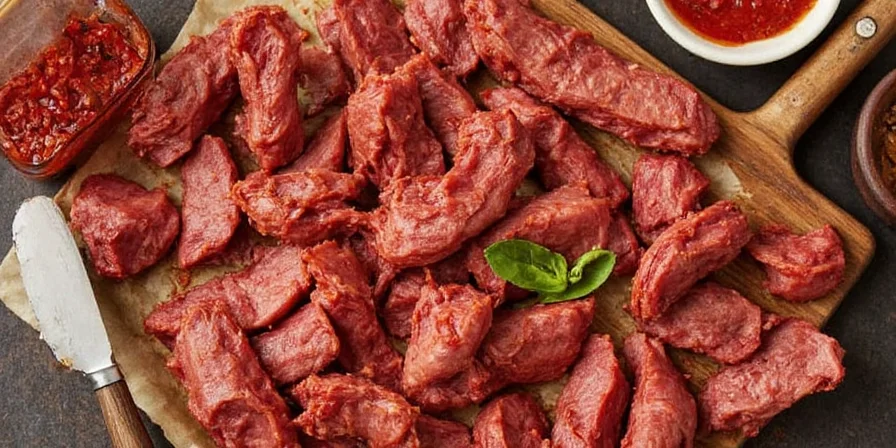
Spice Spotlight: The Flavor Profile of Barbacoa
What makes barbacoa stand out isn’t just the meat—it’s the symphony of spices that transforms humble ingredients into culinary magic. Here's a breakdown of the key players in the flavor orchestra:
- Garlic: Aromatics are king here—crushed garlic brings boldness.
- Dried Chilies: Ancho, guajillo, or pasilla chilies give depth and heat without overpowering.
- Cumin: Adds earthiness and warmth, anchoring the blend.
- Black Pepper & Cloves: A subtle spiciness that dances on the tongue.
- Bay Leaves: Often tucked into the pot, they infuse the meat with herbal notes.
- Vinegar or Citrus: For brightness—some recipes use orange juice or lime to balance richness.
How to Make Your Own Barbacoa Magic at Home
You don’t need an underground pit to make barbacoa at home—just a bit of patience, a crockpot, or even a Dutch oven. Here's a step-by-step guide to creating authentic-style barbacoa:
Ingredients:
- 3–4 lbs beef cheek or chuck roast
- 3 ancho chilies, stemmed and seeded
- 2 guajillo chilies
- 6 cloves garlic
- 1 tsp ground cumin
- 1 tsp dried oregano (Mexican preferred)
- ½ tsp black pepper
- ¼ tsp ground cloves
- Juice of 1 lime
- 1 cup beef broth
- Salt to taste
Instructions:
- Toast the dried chilies in a dry pan until fragrant, about 1–2 minutes per side.
- Soak them in hot water for 20–30 minutes to soften.
- In a blender, combine soaked chilies, garlic, spices, and lime juice. Blend until smooth.
- Season the meat with salt, then sear it in a hot pan to develop color.
- Transfer to a slow cooker or Dutch oven. Add the chili sauce and broth.
- Cook on low for 8–10 hours (slow cooker) or braise in the oven at 300°F (150°C) for 3–4 hours.
- Shred the meat and simmer briefly in the sauce to let flavors meld.
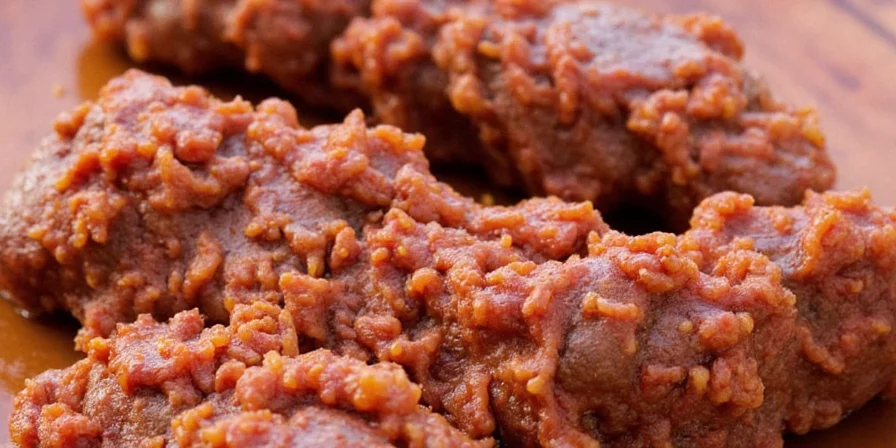
Barbacoa Around the World: Global Spice Traditions Meet Local Flavors
While traditionally rooted in Mexico, variations of barbacoa-like preparations exist around the globe, each infused with local spices and customs. Check out how different cultures interpret the art of slow-cooked meat:
| Region | Style | Signature Spices/Ingredients |
|---|---|---|
| Mexico | Traditional Barbacoa | Guajillo chilies, maguey leaves, cumin, garlic |
| Hawaii | Kālua Pig | Coarse salt, banana leaves, smoky mesquite |
| Korea | Galbi Jjim (Braised Short Ribs) | Ginger, soy sauce, Asian pear, cinnamon stick |
| India | Slow-Braised Mutton Curry | Garam masala, turmeric, ginger, cardamom |
| Caribbean | Jerk Chicken | Scotch bonnet, allspice, thyme, marjoram |
Pro Tips for Perfect Barbacoa Every Time
To ensure your next barbacoa feast is worthy of a fiesta, here are five must-follow tips:
- Don’t skip toasting the chilies—it unlocks deeper flavor and aroma.
- Brown the meat first to build that caramelized goodness (Maillard reaction FTW).
- Use a liquid with body, like beer or broth, instead of water for richer results.
- Rest the meat before shredding—this lets juices redistribute and prevents dryness.
- Add fresh toppings! Cilantro, onion, avocado, or pickled jalapeños can elevate your barbacoa from great to legendary.
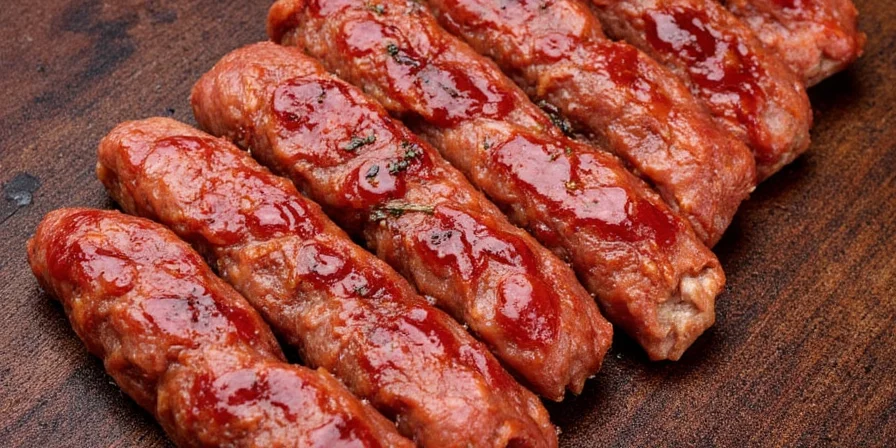
Conclusion: From Earth to Plate—Barbacoa Is More Than Just Meat
Barbacoa is more than a dish; it’s a celebration of flavor, tradition, and community. Whether you're slow-roasting it in an underground pit or simmering it gently on your stovetop, barbacoa connects us to ancient spice routes and modern-day kitchens alike.
By understanding the spices involved, appreciating the history behind the technique, and applying a few smart cooking hacks, you too can master the art of barbacoa—and maybe even start your own family tradition around it. So go ahead, grab your apron, sharpen those knives, and get ready to fall in love with flavor all over again.
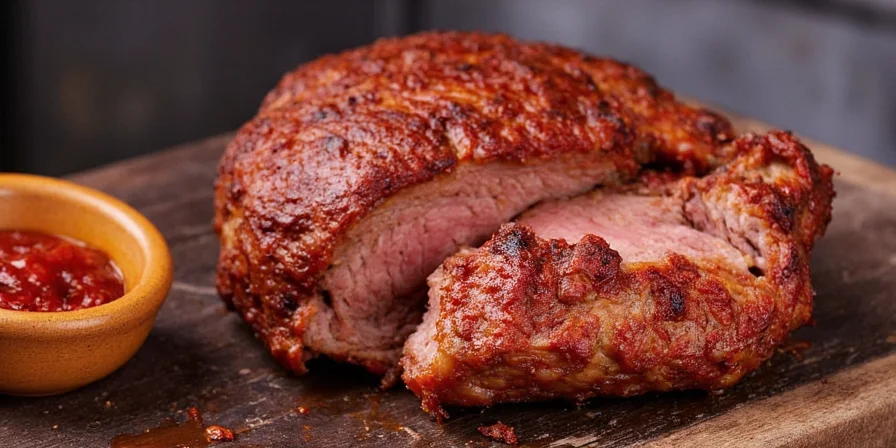

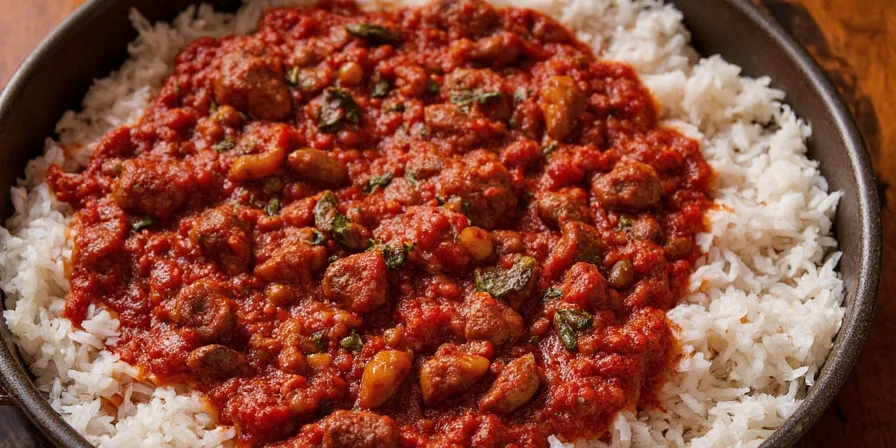









 浙公网安备
33010002000092号
浙公网安备
33010002000092号 浙B2-20120091-4
浙B2-20120091-4